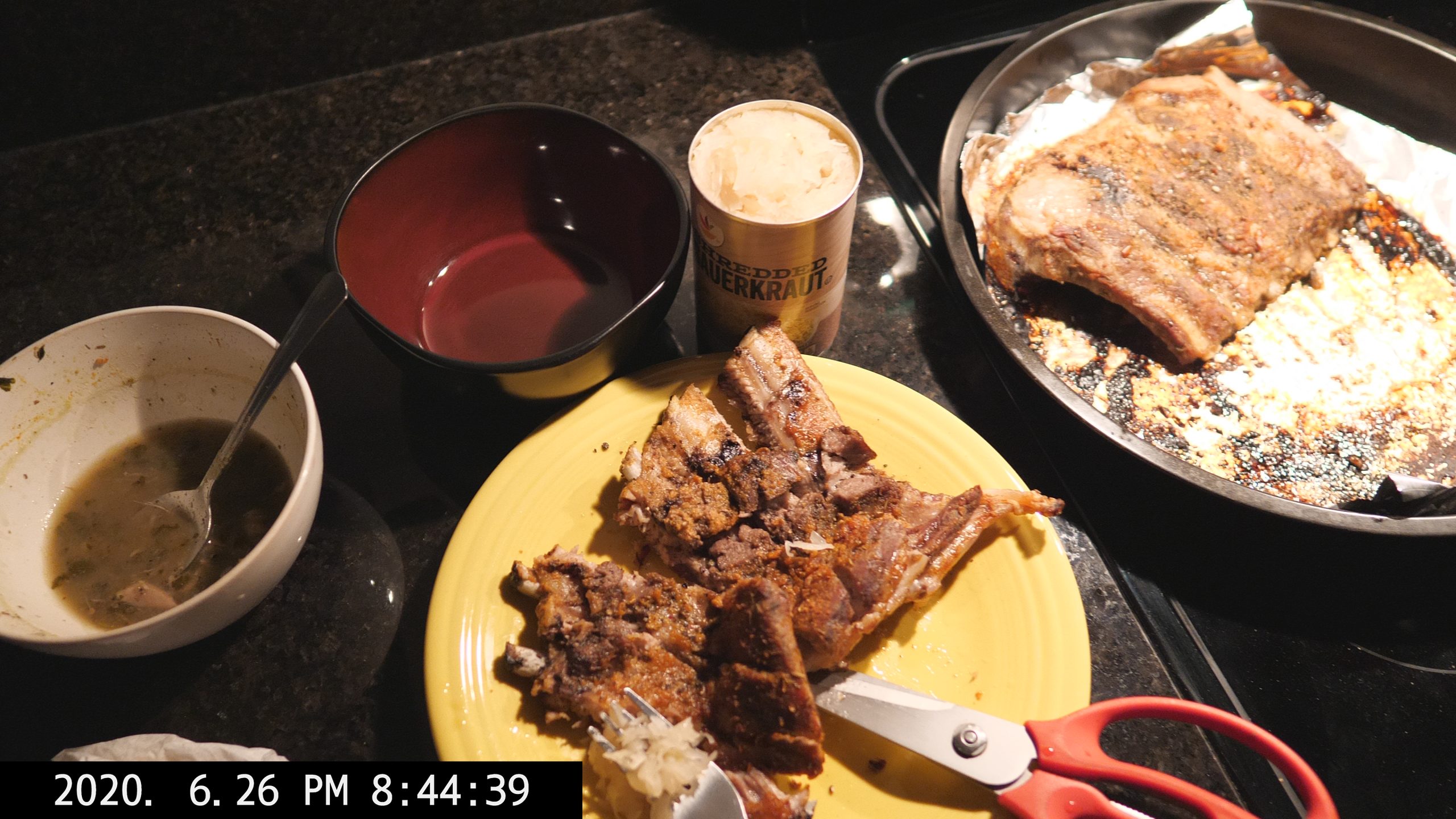More important than what you eat is what you decide NOT to eat. A ‘via negativa’ approach to health. My thoughts:
1. Via negativa
To become ‘healthier’ is abstract. Easier to take the approach of becoming ‘less unhealthy’. Or in other words:
Rather than eating “healthy” foods, just stop eating “unhealthy” foods.
Or more specifically:
Stop eating crap.
2. What is crap?
For myself, I think ‘bad’ food and ‘good’ food doesn’t exist. However, there is food which augments your body fat (adipose tissue) and food which doesn’t (as much). For example:
Sugar, starch, sweet foods, carbs [both complex and simple] seem to augment your bodily fat (adipose tissue).
It seems the easiest way to judge this is based on the ‘glycemic index‘ of food. But taking it further —
Just avoid eating any foods which spike your insulin levels (your blood sugar) high.
This means identify the foods and drinks which spike your blood sugar and insulin levels, and stop eating and consuming/drinking it. For example a list of things I DON’T eat:
3. ERIC KIM’S NOT CONSUME LIST:
- I don’t eat anything which has sugar — either ‘natural’ or ‘fake’, either ‘zero calorie’ or ‘high calorie’. This means no “natural sweeteners”. No Splenda. No honey. No sugar. No high fructose corn syrup. No fructose. I don’t consume fruit (only avocados).
- No alcohol (not for moral ethical reasons // purely aesthetics). No beer, wine, sake, soju, vodka, etc. I just want maximum physiological vigor; alcohol weakens and depresses me.
- No weed. I’ve smoked weed maybe 3 times in my life (all done when I was age 25 just to see how it was). It wasn’t really my thing. I am already crazy enough without it; no need for another mind-altering substance. I’ve never tried mushrooms, LSD, cocaine, heroin, or none of that strange stuff. Truth be told, my only fear is liking it too much and getting addicted. I’m already addicted to coffee and caffeine (this is my only vice).
- No sweets. No desserts. No bread [either complex or simple]. No pasta. No beans, legumes, etc. No tubers. No starches. No ‘sneaky’ “veggies” like broccoli, cauliflower, carrots (which are essentially starches in disguise).
4. Don’t listen to me.
Once again; this is just me. I don’t want you to do as I do or what I don’t do. I just wanna expose you to new ideas and aberrant ways of thinking.
5. So … what do you eat?
Now the tricky thing … I told you what I DON’T eat and consume. Which then comes the question:
What *DO* you actually eat then?
For me, it is simple:
- Fatty meats (the higher the cholesterol, the higher the saturated fat, the better)
- Uber-bitter greens (kale, collard greens)
- Fermented foods (kimchi, sauerkraut)
6. But aren’t you gonna die of a heart attack?
I don’t think so. This is also the nuance:
I do intermittent fasting — which means I don’t eat breakfast or lunch. I typically break my fast at around 3pm or as late as 9pm.
My theory:
When I fast, autophagy and all these other biological processes will “starve off” my pre-cancerous cells, heart problems, etc.
From Wikipedia:
Autophagy (or autophagocytosis) (from the Ancient Greek αὐτόφαγος autóphagos, meaning “self-devouring”[1] and κύτος kýtos, meaning “hollow”[2]) is the natural, regulated mechanism of the cell that removes unnecessary or disfunctional components.[3] It allows the orderly degradation and recycling of cellular components.[4][5]
How does Autophagy work, and what does it do?
Autophagy degrades damaged organelles, cell membranes and proteins, and electing against autophagy is thought to be one of the main reasons for the accumulation of damaged cells and aging.[77] Autophagy and autophagy regulators are involved in response to lysosomal damage, often directed by galectins such as galectin-3 and galectin-8, which in turn recruit receptors such as TRIM16.[78] and NDP52[76] plus directly affect mTOR and AMPK activity, whereas mTOR and AMPK inhibit and activate autophagy, respectively[79]
7. But isn’t meat bad for you?
My suspicion:
I think the whole anti-meat thing is more of an environmental and moral-ethical issue, not a health issue.
For example confounding variables — whenever there is a ‘high red meat consumption’ study, the nuance is that all these people who are studied eating a lot of red meats also happen to drink lots of Coca-Cola, eat lots of McDonald’s French fries, drink beer, eat candy, etc.

